Is Dark Chocolate Vegan? (Ingredients + Best Brands)
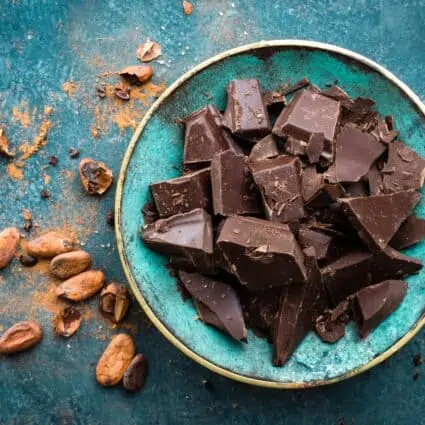
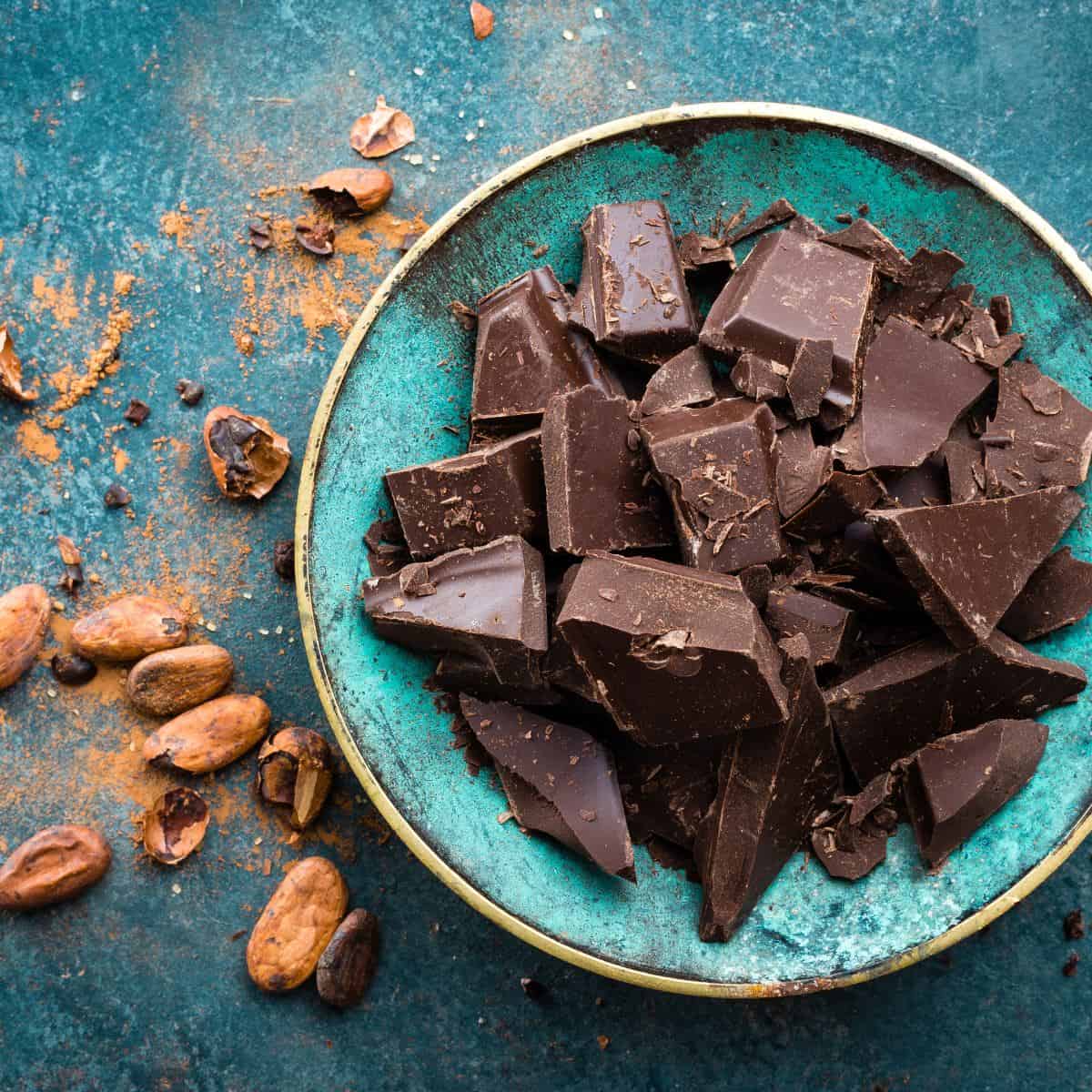
Touted as an aphrodisiac, healthy superfood, and indulgent treat all in one, vegan dark chocolate literally lets you have your cake and eat it, too. While most dark chocolate is “accidentally vegan,” animal products can still sneak into some dark chocolate brands so plant-based eaters still need to shop carefully and read the labels.
Chocolate bars that appear dark as night might still have animal products lurking within. Read on to learn what dark chocolate really is, what it’s made from, and how to find out if it’s vegan!
Table of Contents
What Is Dark Chocolate?
Once upon a time, all chocolate was dark chocolate. Fermented and roasted cacao nibs were turned into a drink that was strong, bitter, and used primarily for Mayan ceremonies.
And chocolate comes from a plant, after all! The cacao tree is a tropical evergreen rainforest-dwelling tree that produces large bulbous fruit pods, each filled with dozens of cocoa beans. These beans (which are technically seeds) are collected, processed, and transformed into cocoa powder, cocoa butter, and chocolate.
Chocolate is typically a mixture of cocoa butter, cocoa solids, and sometimes other added ingredients (such as milk and sweeteners).
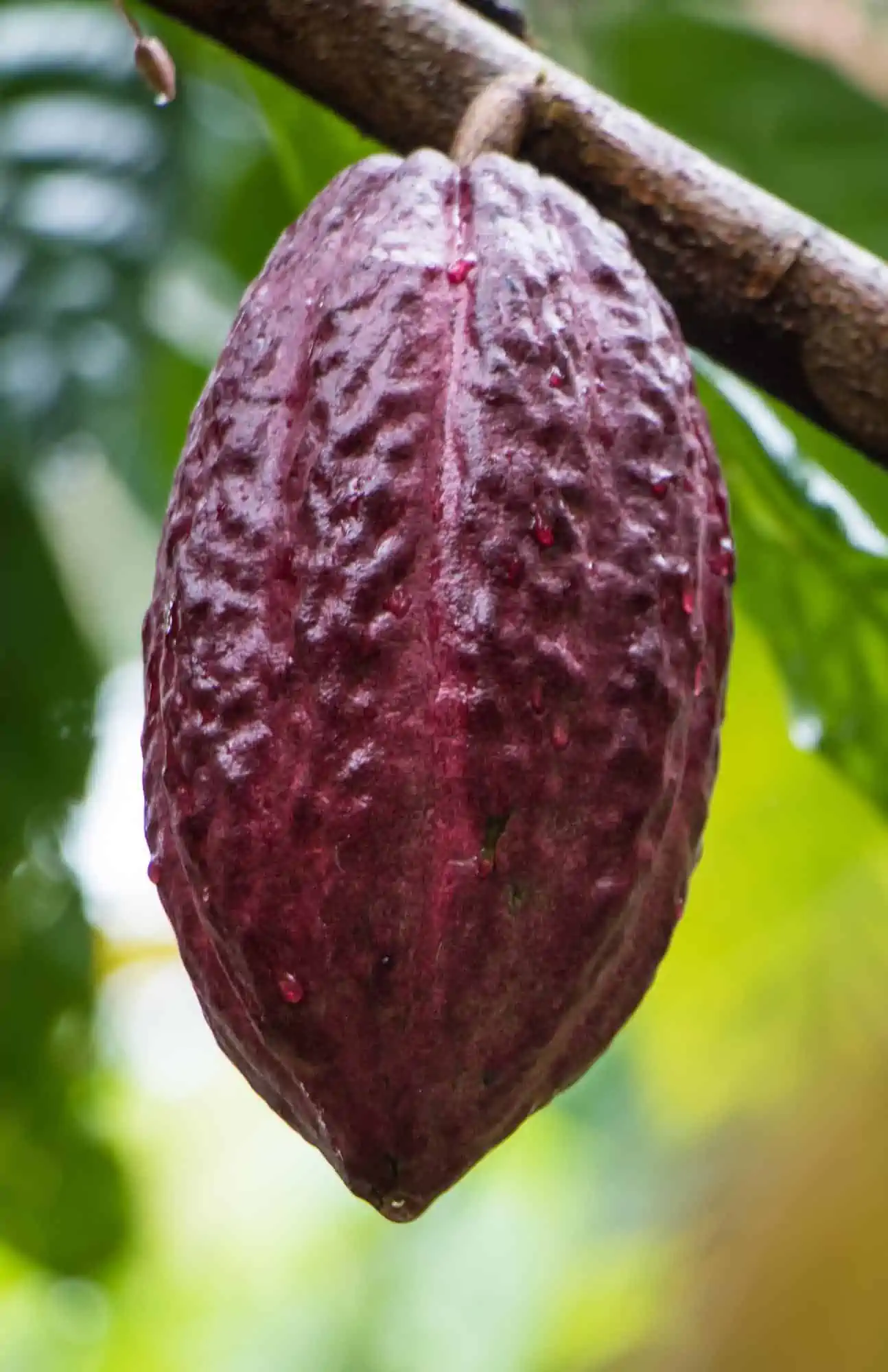
Spanish traders later added sweeteners to take the edge off and mixed it with hot water for a smoother blend. Solid chocolate bars and candies are a relatively new invention, first hitting the market less than 200 years ago.
Today, cocoa confections can have anywhere from 55 percent to 100 percent cacao solids to be considered dark chocolate. Sweeteners, flavors, and stabilizers make up anything outside of that percentage.
That means a bar with 70 percent cacao will be sweeter than one that’s 90 percent, for example.
Is Chocolate Vegan?
It would make sense to reason that all dark chocolate is vegan, but that’s not true. Sometimes manufacturers will add a small amount of dairy into the mix, especially if it has a low percentage of cacao solids in the first place.
Not all vegan chocolate is dark chocolate either; now there are innovative oat milk, rice milk, coconut milk, and other alternative milk chocolates that are completely vegan. You can even find vegan white chocolate bars and chips, too!
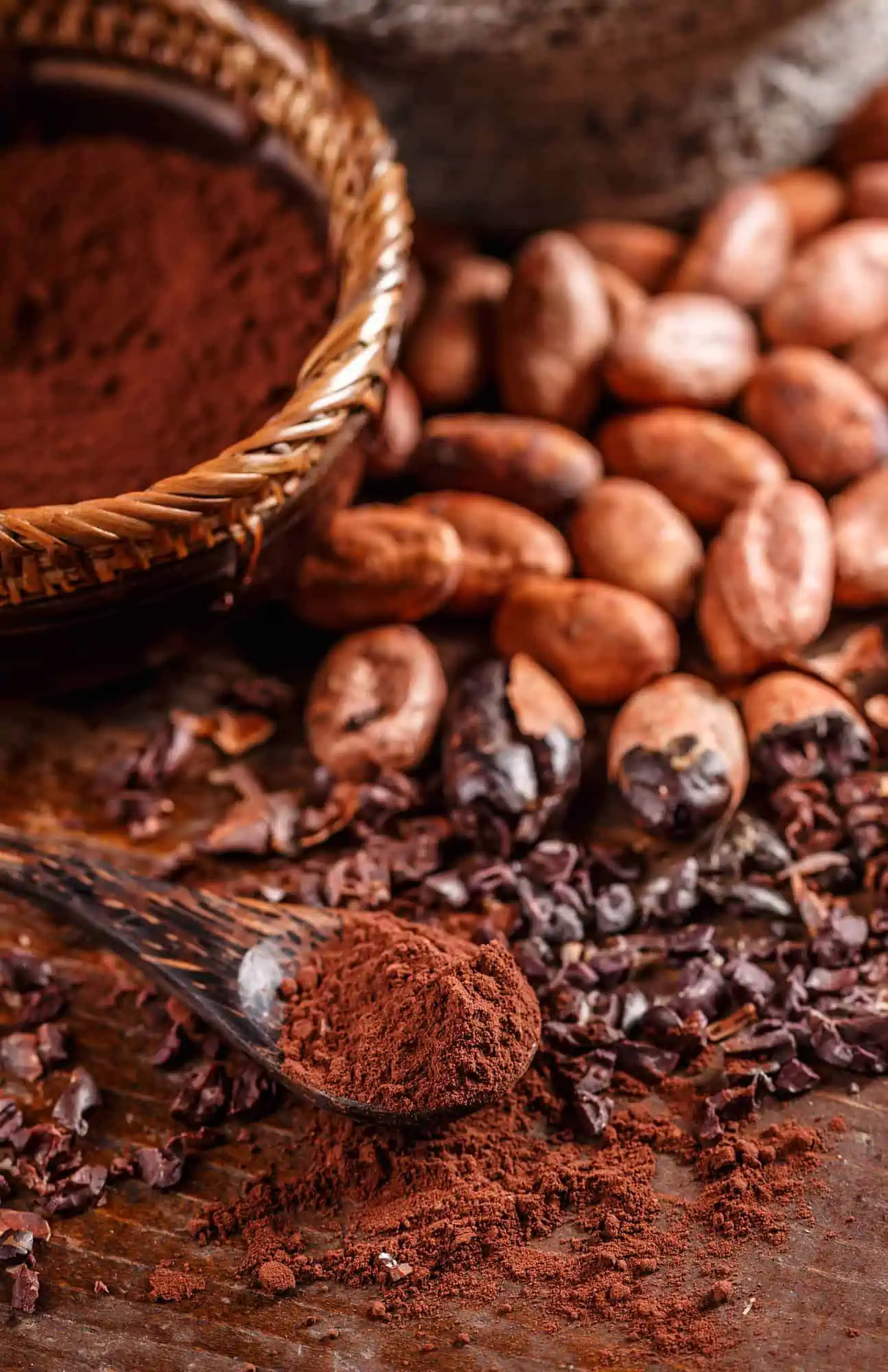
Ingredients That Are Not Vegan-Friendly In Chocolate
Aside from odd inclusions like bacon, the primary culprit that might be ruining your chocolate bar is milk. Dairy products come in many forms and go by just as many names. Here are a few words to keep an eye out for if you’re avoiding animal products:
Despite the potentially confusing name, cocoa butter is completely plant-based! It’s naturally found within the cacao bean and is responsible for the luscious texture that melts in your mouth.
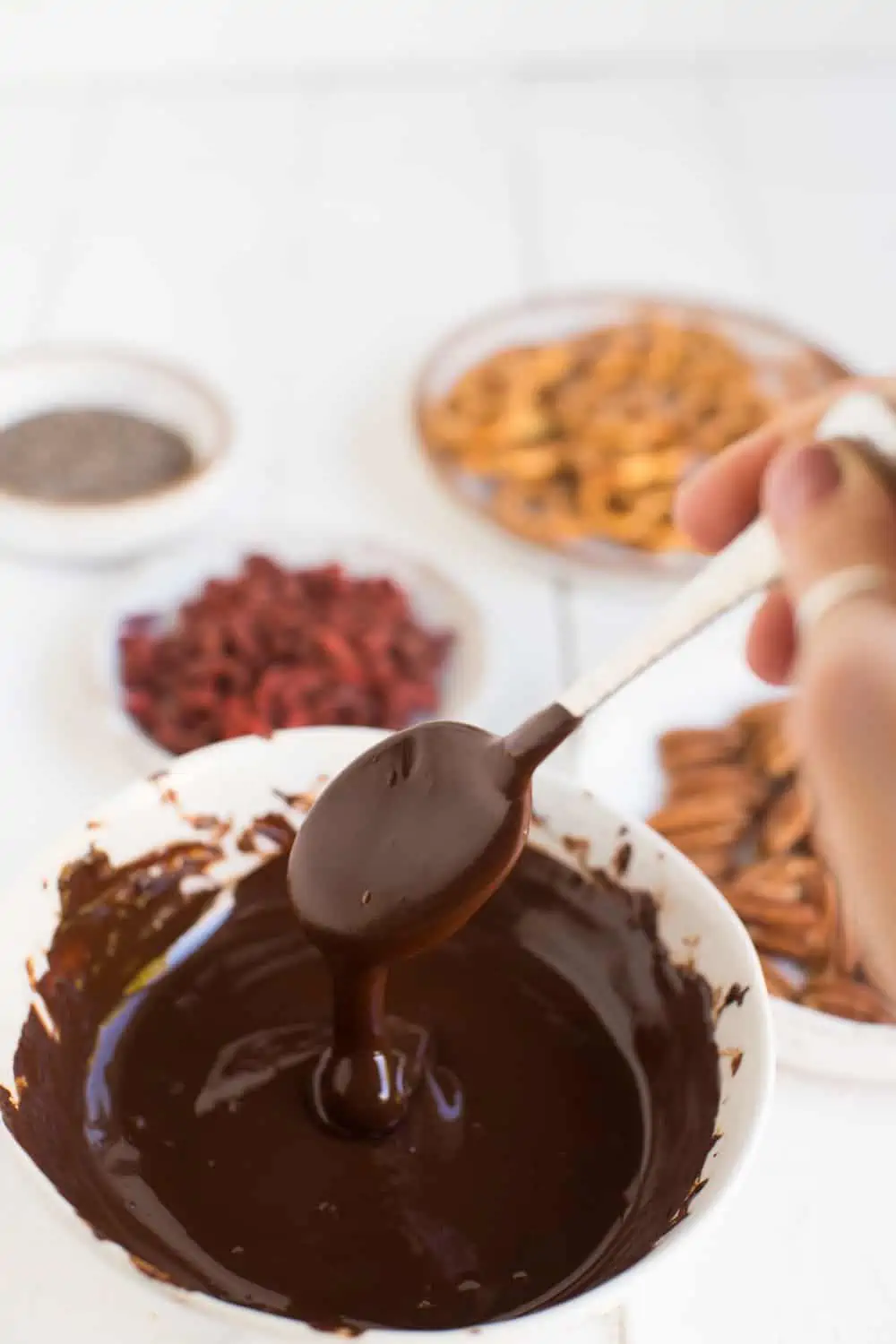
Vegan Dark Chocolate Brands
From everyday to gourmet, there’s a dark chocolate out there to suit all moods, cravings, and diets. Many mainstream brands include a dairy bar, but to really treat yourself, splurge on the very best with an entirely plant-based, high-quality, ethical, and downright decadent confections. You can’t go wrong with any of the following artisan companies:
- Dandelion Chocolate (Bars Only)
- Lagusta’s Lucious
- LuLu’s Chocolate
- Raaka Chocolate
- Missionary Chocolates
- Rose City Vegan Chocolatier
- Sjaaks
- Wei of Chocolate
For more mainstream brands, consult our complete vegan chocolate guide.
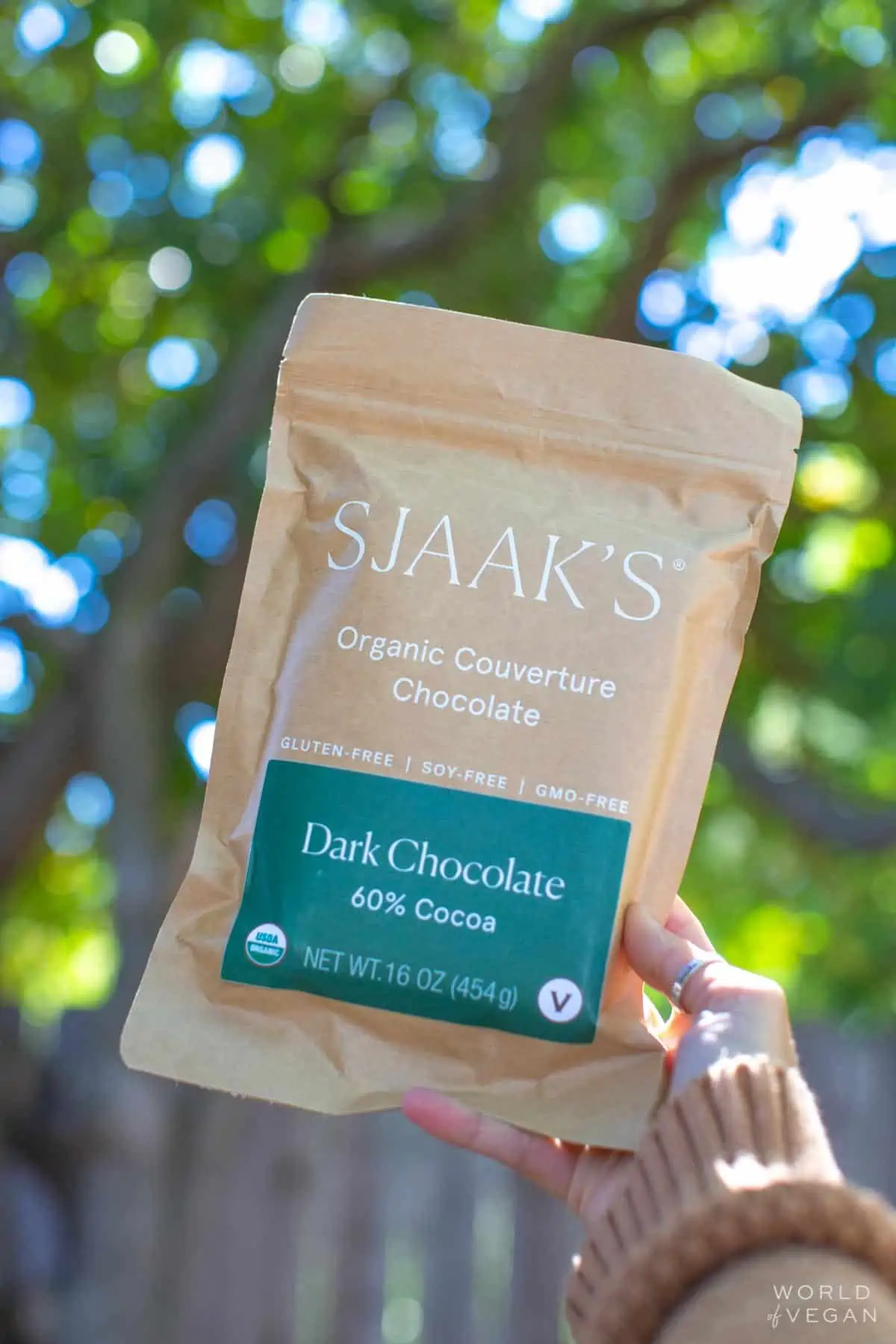
Frequently Asked Questions
While most of Lindt’s chocolate offerings include animal products, they do have a fair number of dairy-free and vegan offerings. The vegan chocolates are all part of their Excellence line and include the 85%, 99%, Madagascar, Mild 70%, Cocoa 70%, Ecuador 75%, and Cocoa 90% bars.
Unfortunately, none of Hershey’s Special Dark chocolate line are vegan, as all include milk and dairy derivatives.
Despite having an extensive line of dark chocolate options, it appears that only two are vegan: the 72% Cacao Twilight Delight Bar and Intense Dark Chocolate 72% Cacao Squares. Everything else has milk included in the mix.
Vegan Recipes With Dark Chocolate
Now that you’ve found the perfect vegan dark chocolate to enjoy, here are some tasty recipes to include it in (aside from eating it on its own!):
- Chocolate Protein Mug Cake
- Vegan Chocolate Truffles
- Chocolate Peanut Butter Pudding
- Vegan Chocolate Martini
- Superfood Chocolate Bark
- Vegan Nutella
- Chocolate Covered Rice Krispies Treats
- Vegan Chocolate Mousse
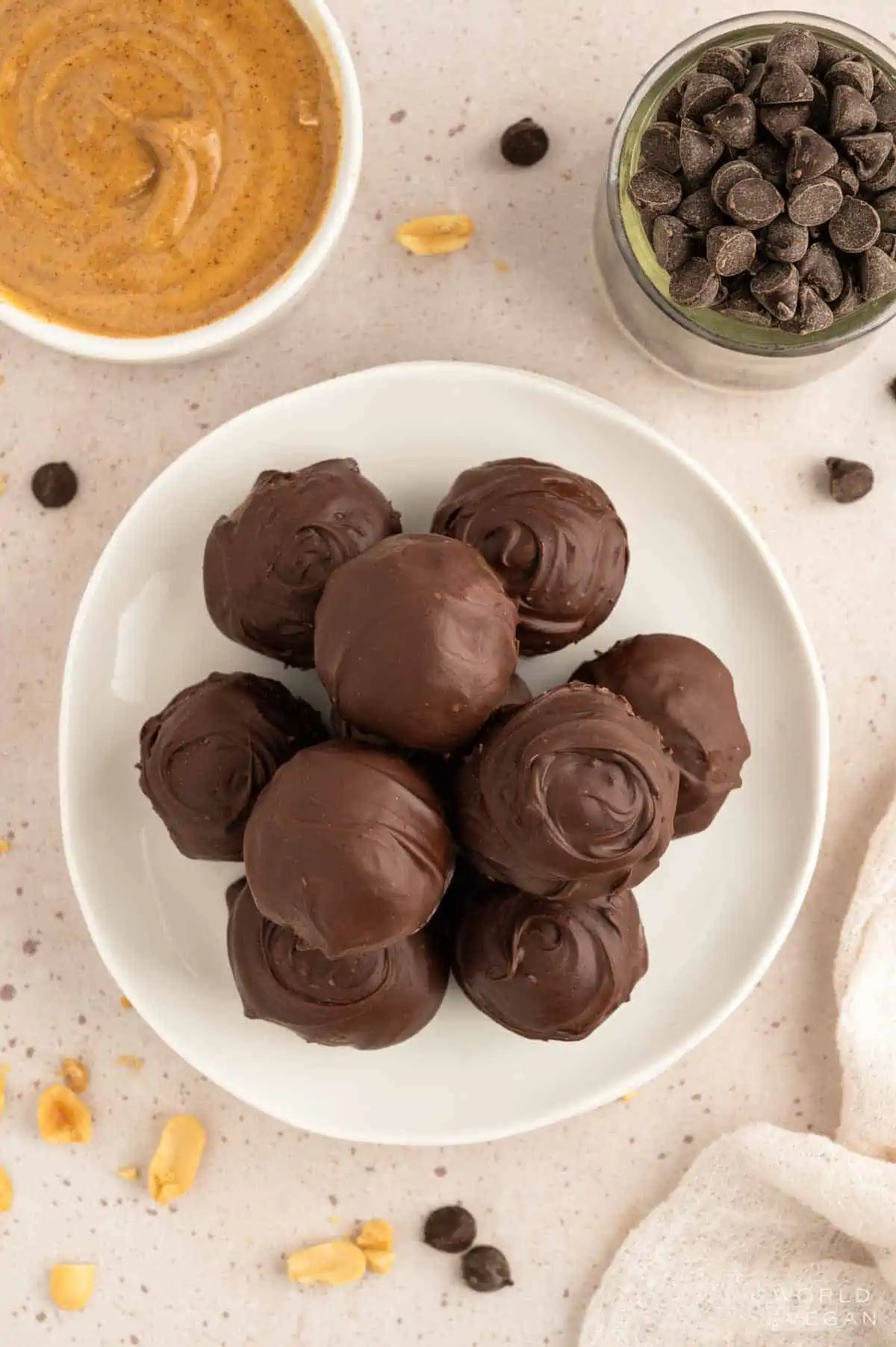


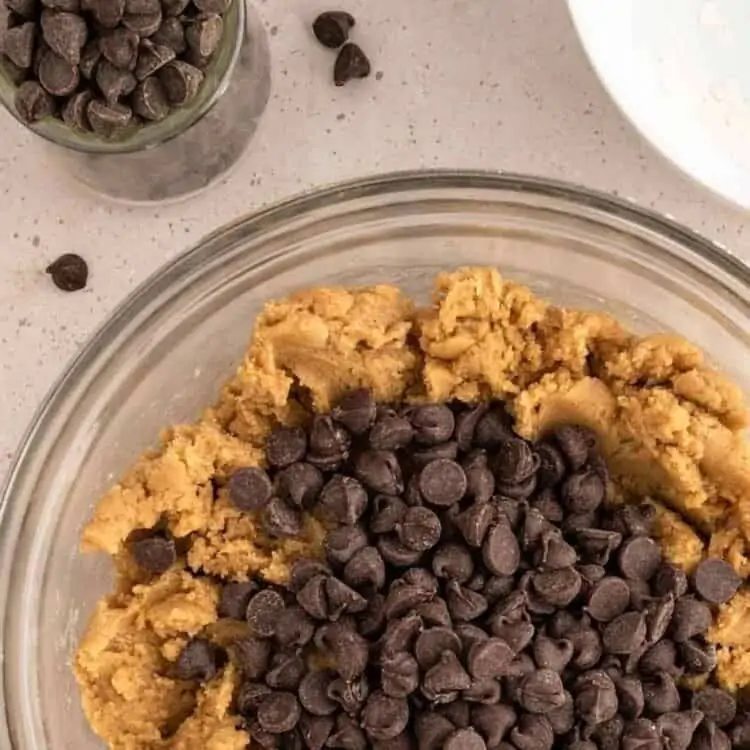
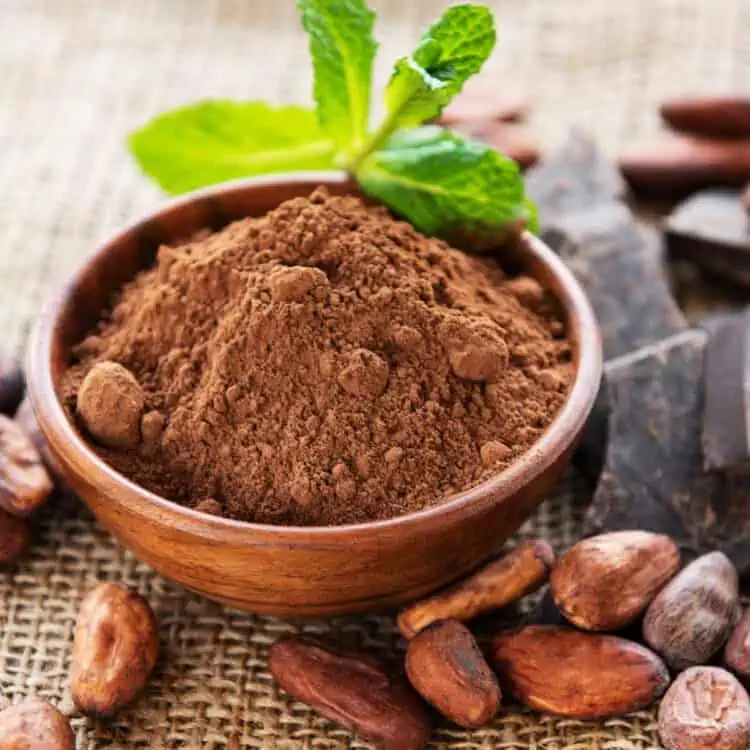
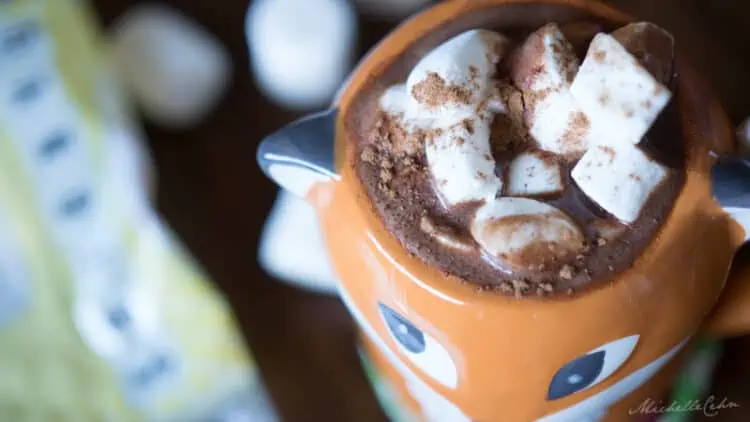

Leave a Comment
I love dark chocolate and it’s so potent you don’t have to eat a whole bar in one sitting which is better for you.
dark chocolate is still growing on me! very happy to see so many brands that offer it though!